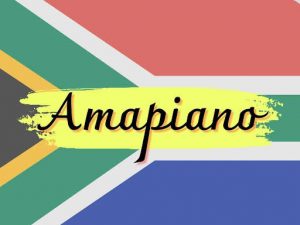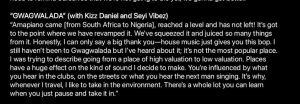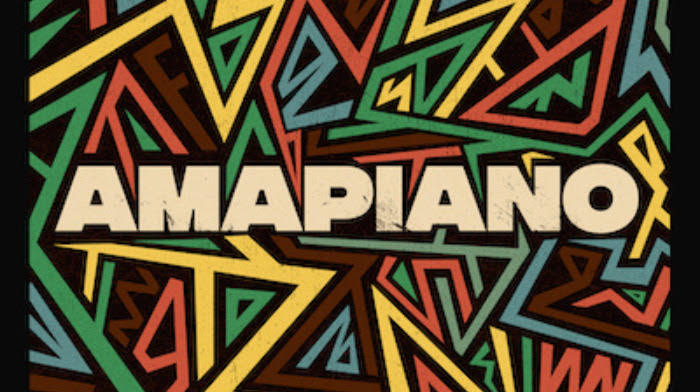The African continent is undoubtedly a treasure trove of musical talents, with countries like Ghana, South Africa, and Nigeria leading the charge in the music industry. In recent times, a friendly musical rivalry has emerged, particularly between South Africa and Nigeria, as they strive to assert their prowess and influence. At the heart of this competition lies the genre of Amapiano, a beloved South African musical style that has captured the imagination of Nigerians and taken root in their musical landscape.

Amapiano, with its infectious beats and rhythmic allure, has become a phenomenon in South Africa, acting as a sonic emblem for the nation’s music scene. However, Nigerians have not merely been content with admiring from afar; they have delved into the genre, infusing their own creative genius and giving it a unique Nigerian flavor. It appears that the amapiano bug has firmly embedded itself in Nigeria, and there’s no escaping its pervasive influence.
One notable artist contributing to this fusion is BNXN, who shed light on the story behind his track “Gwagwalada.” Collaborating with Seyi Vibez and Kizz Daniel, BNXN effectively employed the use of amapiano in this hit, illustrating how the Nigerian music scene has embraced and revamped the South African sound.



The journey of amapiano’s influence in Nigeria began around 2017 when the artist Niniola experimented with the dancehall genre, incorporating its beats into her music. However, it gained widespread popularity with Mayorkun’s hit song “Of Lagos.” Since then, Nigerians have embraced and sometimes reinvented the genre, using it as a surefire way to create chart-topping hits.
Amapiano is characterized by the fusion of log drums, whistles, and a strong emphasis on beats over lyrical content, making it ideal for lively gatherings and dance floors. Nigerian artists have been able to deconstruct the elements of amapiano and reimagine them in their unique style. For instance, Wizkid’s track “Bad To Me” in 2022 showcased a profound utilization of amapiano’s slog drum, adding a fresh dimension to the genre.
Furthermore, amapiano has made its way into unexpected territories, even reaching the gospel music scene. Gospel artists have embraced the genre to spread the message of faith while ensuring an enjoyable listening experience. Tracks like “Omo Baba” by Spirit Of Prophecy demonstrate how amapiano has become a versatile genre, transcending typical boundaries.
Despite concerns about the genre’s overuse in Nigeria, artists continue to redefine it by blending elements of amapiano with Afropop or RnB. BNXN’s “Gwagwalada” stands as a prime example of this fusion, seamlessly integrating amapiano elements into Afropop, showcasing the producer’s creativity and musical depth.
Prominent Nigerian artists, including DJ Kaywise, Falz, Chike, Young John, Phyno, Olamide, Davido, and Burna Boy, have all embraced the amapiano trend. They have successfully merged its essence with their unique styles, effectively revamping the genre to suit their audiences.



Leave a Reply